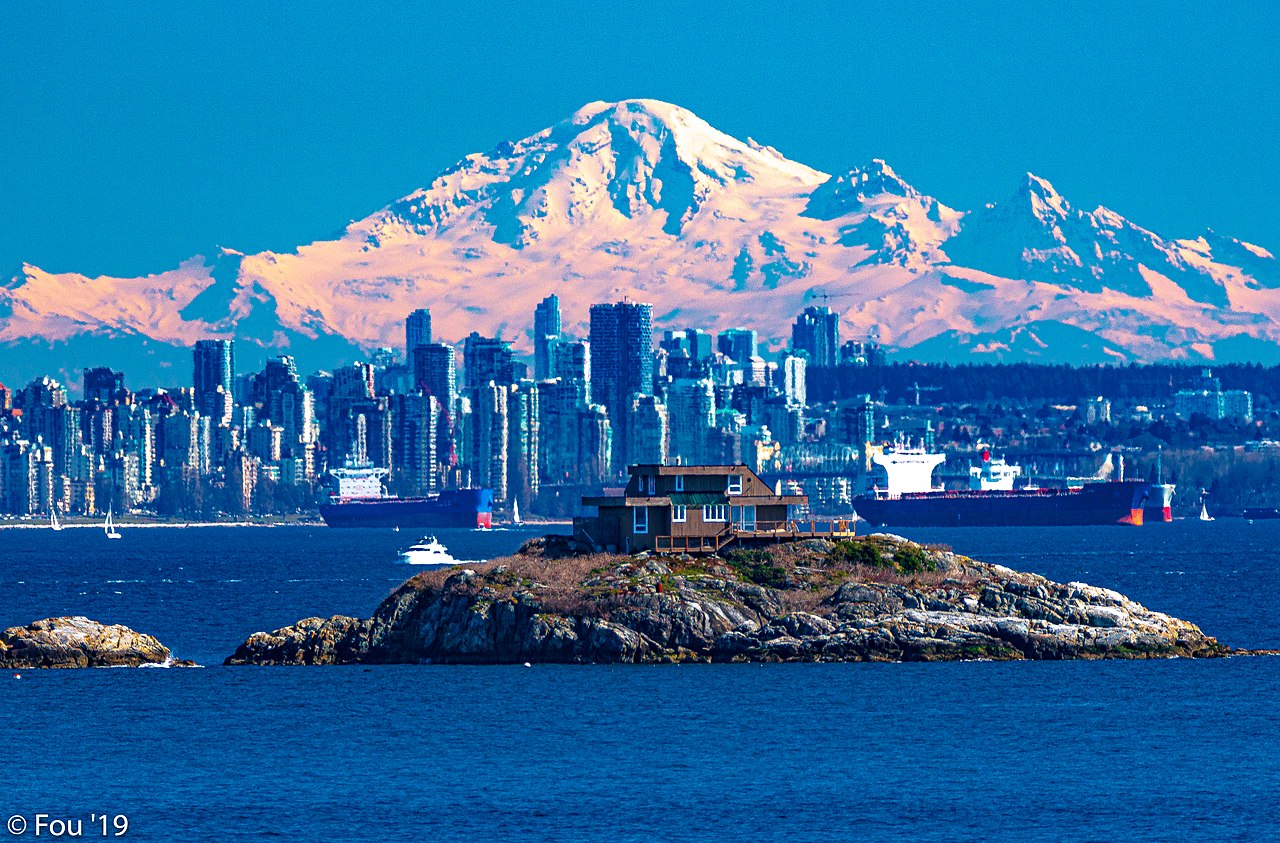The tourist-oriented city of Kelowna, British Columbia, has self-destructively voted to prohibit any new short-term rentals in residences. Even the provincial government is not as draconian, giving dispensation to resort and tourist destinations. Nationally, the federal government is proposing severe tax deduction limits in renting on platforms such as Airbnb or Vrbo (vacation-property oriented).
According to an excerpt from a recent Desjardins report in the Globe and Mail, every one percent increase in housing dedicated to short-term rentals causes a 2.3% increase in rents. However, just 1.2% of Canadian housing units are dedicated to short-term rentals. Yet rents still soared in several major census metropolitan areas, ‘CMA’s – principally Toronto and Vancouver, and, secondarily, Victoria, Hamilton, and, recently, Ottawa, Montreal, Kitchener-Waterloo-Cambridge, Kelowna and Halifax. So far, Canada’s prairie cities have been largely unaffected.
Average Canadian house prices, mortgage payments, and rental costs have doubled over the past eight years. Now, Canada has the developed world’s most unaffordable housing, including such crowded places as Singapore, the Netherlands, and the United Kingdom, despite having the world’s lowest population density (after Mongolia).
High rental prices have attracted investors into buying apartments, townhouses, and single-family homes, helping to bring more supply to cramped Greater Vancouver and Greater Toronto, and other expensive CMA’s. This is still insufficient, due to other well-documented factors. Wendell Cox, a Senior Fellow at the Frontier Centre for Public Policy, and other researchers, have been analysing housing costs and trends, for decades. Their findings are unsurprising.
The main factor raising housing costs is municipal government-induced land scarcity. The second is regulatory delays, generally found at the municipal government level (now costing an estimated $135,000 per unit in Toronto), and are largely NIMBY (Not-in-my-backyard) related.
Major cities still have land available, if not entirely undeveloped. Some is ‘brownfield’ unused or abandoned industrial and commercial sites. Some is in less desirable neighbourhoods, and some more is commercial-only-zoned, or zoned for low-rise buildings. Yet, there remains a considerable amount of empty and under-utilized municipal, provincial and federal land; some with empty buildings – some mothballed. There are also ‘greenbelt’ or ‘agricultural land reserve’ restrictions, keeping large tracts of land from being developed.
Some defenders of overpriced dwellings in Vancouver and Toronto might argue that Canada’s large cities are either hemmed in by geography: mountains, an ocean or a large lake or an international border, or, border-hugging suburbs. The argument is invalidated by three counter-examples.
Edmonton, Calgary and Winnipeg have closely-bordering suburbs and airports, hemming them in. Edmonton and Calgary also have First Nations reserves on their boundaries – and Edmonton has several boundary-hugging suburbs, but all three are growing substantially and have affordable homes. If politicians truly want to improve housing affordability, they should copy the policies of these cities, particularly those of Edmonton.
Finally, as well as discouraging much-needed investment in rental properties, these discriminatory and anti-commercial approaches are highly anti-capitalist and antidemocratic. Prairie-style zoning and permitting, and resultant investment should be encouraged, with restrictions discouraged.
One of the essential tenets of authentic democracies is allowing citizens (and investors) to honestly conduct their business and invest in response to relevant market signals. Ending this crucial tenet of market freedom would be autocratic and self-defeating. Restricting and contorting markets in general distort and inflate prices.
Ian Madsen is the Senior Policy Analyst at the Frontier Centre for Public Policy



